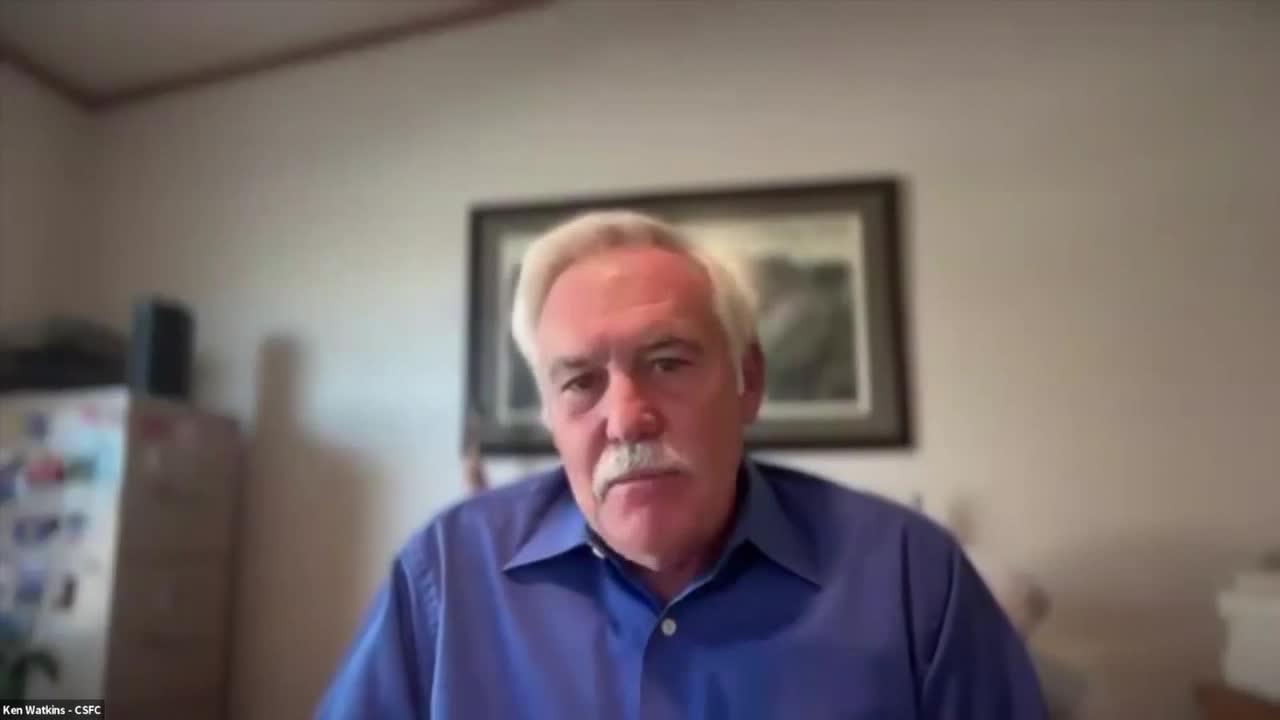On Election Day, voters in Jefferson, Arapahoe and Douglas counties will determine if they want to increase their property taxes next year with Ballot Measure 7A.
It’s a request from South Metro Fire Rescue (SMFR) — one of Colorado’s largest fire departments — to address a $500 million shortage over the next decade.
According to Colorado State Fire Chiefs (CSFC), a group that has worked with state legislators to create the ballot initiative, departments across Colorado are set to lose $539 million in revenue over the next five years because of decreasing property tax revenue and rising demand.
Denver7 spoke with Ken Watkins, executive director of CSFC. He said if the shortfall continues in the South Metro Fire District and across the state, fire departments could cut training, administrative staff, delay retirements and hiring to save money.
Watkins said it will all have a direct impact on how the fire department responds to calls.
“Firefighters will do everything they can to get the job done,” Watkins said. “We get used to doing more with less, sometimes, unfortunately, but we find a solution to make it work. That doesn't make it easy, and it doesn't mean we agree with the different cuts, but it means that we're going to do the job. We're going to take care of our communities.”
All of this is happening because demand is increasing by 24% since 2019 when South Metro Fire Rescue was the recipient of its last ballot initiative. Plus, equipment is getting more expensive like most everything else.
"We are 81% funded by property tax, so the effect of that legislation had a significant impact on our resources, and what we believe are our resources to serve the community going forward," SMFR board chair Jim Albee said.
In May, the International Association of Firefighters sent a letter to the U.S. Department of Justice (DOJ). The International Association of Firefighters asked the DOJ to investigate the three main manufacturers of fire apparatuses for antitrust violations believed to have caused higher prices that have added to funding stresses.
Denver7 reached out to the DOJ to see if it took up the investigation, and a spokesperson for the department responded “no comment.”
If Ballot Measure 7A passed in 2025, the owner of a $750,000 home — the district’s average — could see their property taxes increase by around $140 each year.





